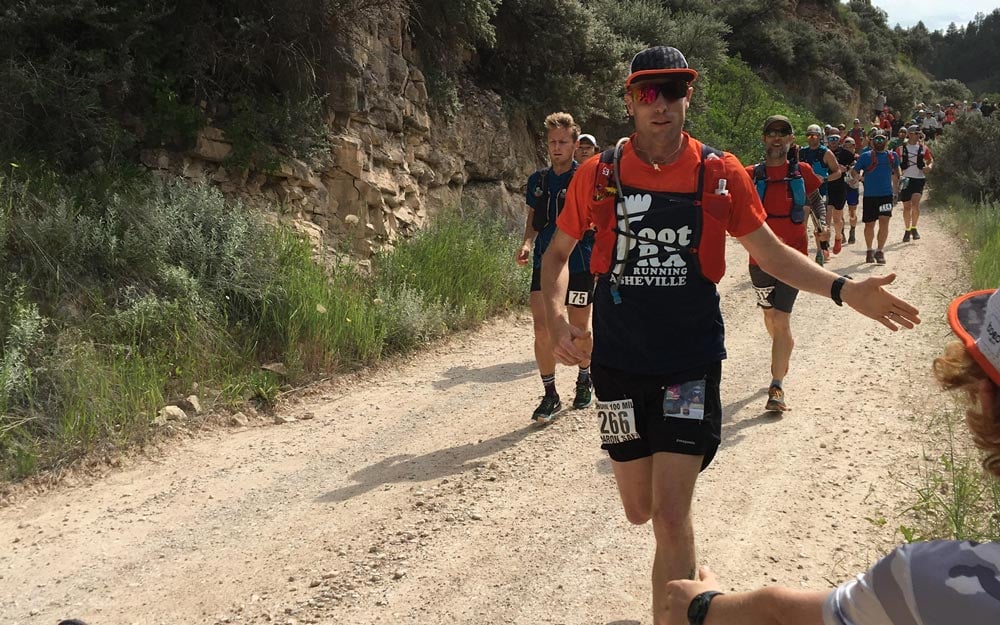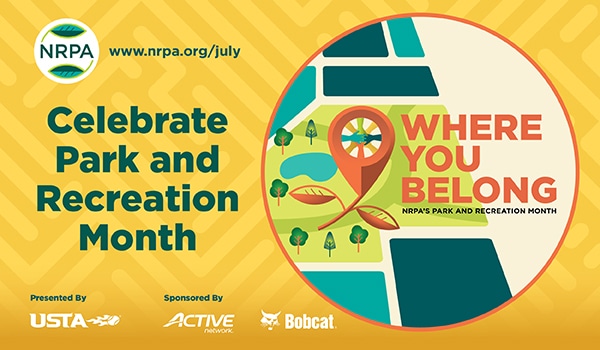We’re sharp and on point when things are going our way, but what happens when you hit a dark spell, things aren’t going as planned, or you’re in circumstances less than ideal?
Can you hang in there mentally? You train yourself physically by running, core workouts, foam rolling, and yoga, but do you do any mental training? Can you train your brain to embrace the pain and not give in to the thoughts of quitting? I hear so many quotes like “Sport is 99% mental” and “It’s mind over matter.” It’s not automatic, so how do we get there? The following are my observations and what has worked for me.
Personal Experience
I’m going to start with a story of a recent run I took. What better way to train the brain than under the circumstances that will create the very stimulus I’m trying to combat. Every aspect of this run was under conditions I detest. Temperatures were in the low 40s and a constant rain. To add to this, I planned on running 26ish miles and gaining over 6000’ of vert on a single solitary ¾ mile climb. That’s right uphill ¾ mile. Downhill ¾ of a mile and repeat eighteen times. All circumstances combined to try and break me mentally. I knew I could stop at any point, but I wanted to train myself to know that quitting would not be acceptable.
Let me interject here by talking about an audiobook I was listening to at the time. “Can’t Hurt Me” by David Goggins is a wealth of awesome bits about mental tools we can use and how to unlock your maximum physical potential by not being governed by your mind. Goggins states that you have to get to a point mentally, where if you quit it will bother you so much that you want to get back out there and complete or even redo what you didn’t finish. That’s the mental state I had for this run. I had eighteen climbs to completion.
When you start something like this, it’s easy to be overwhelmed.
I’ve toed the line for multiple 100-mile races. If I were to think “Only 100 miles to go”, whew, I don’t think I would make it very far. Instead, I stay in the moment and think about what does my body and my mind need at that moment. How long since I had a sip of fluids? When was the last time I ate? My stomach feels funny, why? How can I fix that? As the race goes on, it turns into problem-solving. Travis Macy’s book “The Ultra Mindset” talks about asking questions correctly. Don’t allow for negative questions, as these will lead to negative thoughts. For instance, never ask yourself “Why am I out here?” You should have established this long before you got to this point, especially in a race! Your “why” is a whole different article, but an essential to any true race or tough effort. So instead of asking “why am I out here?”, change that to “what do I need to do to turn this around? “Ask yourself questions that will help lead to bettering your mindset and hopefully your physical state.
Aside from asking the right questions, another tool I use is breaking the runs up into segments.
For this run, I told myself every climb I would take a drink at the top and every third climb I would eat some food. I focused on smaller increments of distance. It’s the same in a race. I focus on the distance to the next Aid Station, and what I need to do in between to get there. With this mindset, I didn’t look at my watch until I was on my 13th climb.
I began to struggle but relied on prior experience to get me through. My brain was sending messages to my body that I was tired. So, I began to eat food more frequently which helped my brain back off and allowed me to keep running. Your brain will tell you you’re tired and you should take a break. You have to fight that temptation and keep those legs moving. Break through those mental barriers by doing whatever you have to do. Problem solve and figure out what will keep you moving.
It’s amazing what happens when your brain knows it’s at the end of an effort or a race.
Suddenly you feel as fresh as you did when you started. I had been on my feet for over five hours and gained over 6500’, but that last climb, knowing that I was almost done, I had to contain myself (I had 17 miles of running and trail work to do the next day). That said, where was this energy a few climbs ago? It was there, my brain just limited me because I still had miles and multiple climbs to go. Again, overcome those moments and you’ll break through. Your mind will not put up those barriers in the future. You’ll be stronger mentally and able to run longer and feel stronger.
So, train that brain of yours! Put yourself in circumstances that will test you mentally and physically. Find discomfort and seek ways to work yourself out of those situations. Build your mental toolbox and find what will help you cross that finish line. If our sport truly is 99% mental, we better find a way to use 100% of that capacity.
Aaron Saft is an elite runner and owner of FootRx in Asheville and is training for UTMB in 2019. He is also a member of the I HEART PISGAH Adventure Team.








